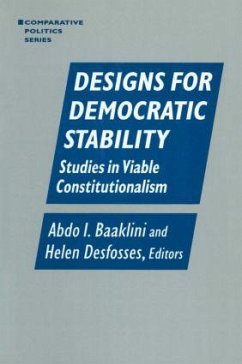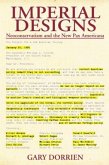Since the late 1980s and the collapse of communist, military, and race-based regimes across the world, the euphoria over democracy's triumph has given way to the practical question of how to enhance the viability of democratic constitutional government. That is the subject of this book, with particular attention to the following questions: -- What are the strengths and weaknesses of the available models of democratic governance and how adaptable are they to other societies? (Joel Aberbach; Bert Rockman; Gregory S. Mahler); -- What are the most effective mechanisms for ensuring the accountability of public officials? (Fred W. Riggs; James L. Sundquist); -- How does legislative structure enhance or diminish the prospects for democratic stabilization? (Abdo I. Baaklini); -- What can transitional societies learn from the experience of India, Turkey, and Russia? (T.V. Sathyamurthy; Ersin Kalaycioglu; Erik P. Hoffmann); -- How does the need for economic adjustment impact democractic consolidation? (Diane Ethier); -- How has globalization complicated the task of democratic state-building? (Philp G. Cerny).
Hinweis: Dieser Artikel kann nur an eine deutsche Lieferadresse ausgeliefert werden.
Hinweis: Dieser Artikel kann nur an eine deutsche Lieferadresse ausgeliefert werden.








